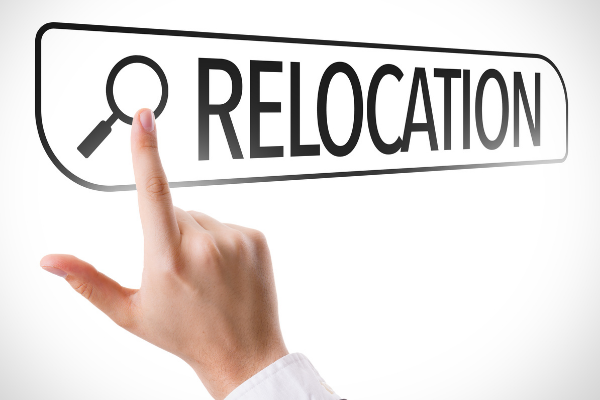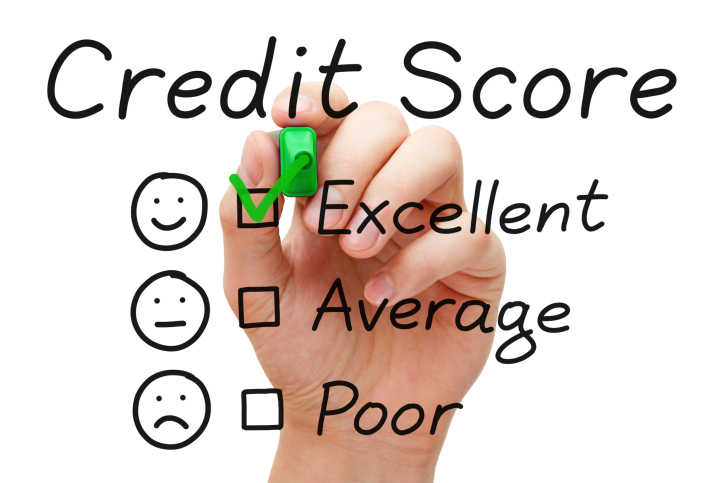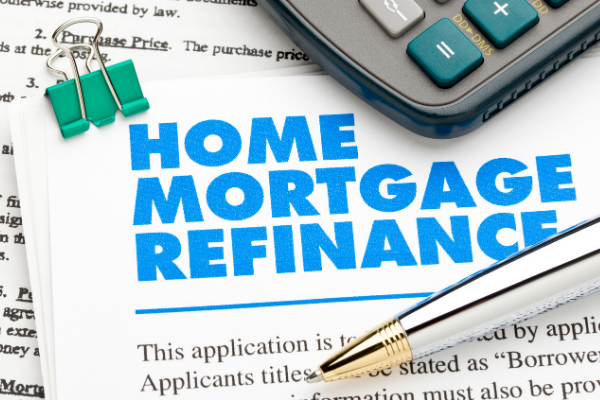Buying a Home While Relocating is a Smarter Choice
 The idea of buying a home is challenging enough as the process requires a lengthy approval validation, paperwork, financing, and the actual move with logistics. However, when one really looks at what typically occurs with relocation, buying versus renting can start to make more sense over time.
The idea of buying a home is challenging enough as the process requires a lengthy approval validation, paperwork, financing, and the actual move with logistics. However, when one really looks at what typically occurs with relocation, buying versus renting can start to make more sense over time.
Finances Have to be In Order
Buying a home more than once every ten years requires a good amount of discipline on one’s personal finances. Most of the initial decisions and approvals will depend heavily on keeping one’s debt versus income ratios in line and viable. That also means saving up a lot to have sufficient cash flow for fees and your down payment. It also means not letting credit cards get out of hand or taking on other significant debt unless necessary as both weigh against one’s ability to obtain new financing for the next home purchase.
Renting Versus Owning
Renting or leasing tends to be the go-to option during a relocation because it tends to be easier upfront, has fewer requirements to achieve, and involves less of a significant commitment financially. After all, what happens if there is another relocation just a year later? However, most relocations are fairly defined in time. Anything under a year would make sense for renting, but when one starts getting beyond a year, buying starts to become far more appealing.
First, all the dollars one pays in rent are a sunk cost. If one buys, some of that money goes into home equity. Second, many companies and organizations who relocate their people often have connections for quick purchasing and residential needs, leveraging corporate interests for their employees. This allows for the rotation of homes from one employee to the next and makes buying easier for longer-term stays.
Third, a purchase for a shorter-term stay doesn’t have to be a full-scale home. Smaller units that cost much less are easier to close and can work just as well for temporary living. Relocating buyers should really consider a wide range of housing options in a buy versus just a strict replacement of what they had before.
Finally, market costs in the target location have to be considered. Some markets are very affordable and might be cheaper than renting month to month but others are astronomical, and it simply doesn’t make sense to buy in these regions for a short-term stay.
The Bottom Line
Understand with renting everything paid is gone and won’t be recovered in any form at all. It’s a lost expense. That can be thousands of dollars after one year alone. Buying will have fees, but the money spent on the mortgage each month buys equity which can be recovered in a sale, plus a possible gain as well down the road. Buying doesn’t work in every situation where one is relocated, but it can be a viable option in affordable markets and when one is staying longer than a year.
As always, check with your local real estate professional for the best advice on your relocation and your personal financial situation.


 In 2019 many people expected that the home lending market was going to eventually grow more expensive. Instead, 2020 spent its entire 12 months becoming more affordable when it came to financing a personal home, moving in the opposite direction of what was expected. Not only did the loan cost drop break previous records, but it also presented an additional opportunity for homeowners to reposition and take advantage of lower borrowing costs again.
In 2019 many people expected that the home lending market was going to eventually grow more expensive. Instead, 2020 spent its entire 12 months becoming more affordable when it came to financing a personal home, moving in the opposite direction of what was expected. Not only did the loan cost drop break previous records, but it also presented an additional opportunity for homeowners to reposition and take advantage of lower borrowing costs again.